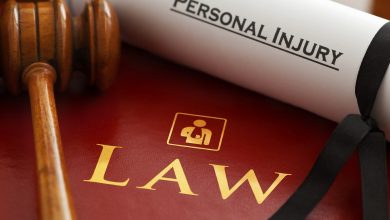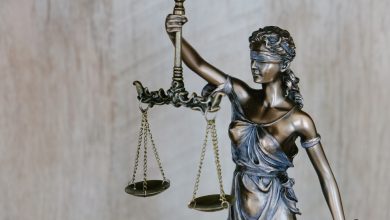How to Restore Your Gun Rights
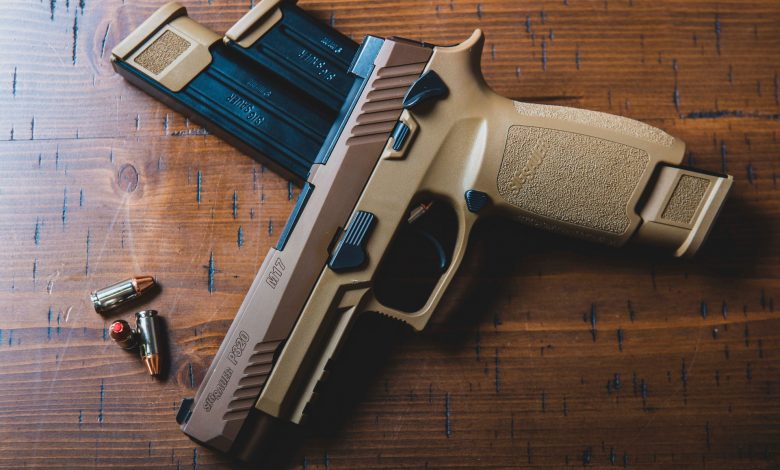
Life after a felony can get confusing. For example, how do you get a job? Can you qualify for a loan? What about a home/apartment? Several employers, financial entities, and housing providers specifically cater to felons. Yet one critical question is commonly unanswered: How do I get my gun rights back after a felony? Unfortunately, there isn’t a short or brief answer to this. However, there are certainly many ways to legally own a firearm when your sentence concludes.
Former inmates should keep in mind that state laws largely influence their gun rights. That is to say, some jurisdictions are lenient, particularly towards first-time offenders and nonviolent criminals. At the same time, other states may impose harsh penalties and firearm restrictions, even after release. Furthermore, federal and state laws alike also prohibit non-felons from obtaining a weapon. Violent misdemeanor offenders and domestic abuse suspects are two prominent examples.
Once a felon identifies the laws that apply to their circumstances, they can utilize one of four methods to regain their gun rights. In addition, there are ways to dispute errors that may prevent you from owning a firearm to begin with. A few of them pertain to Second Amendment protections, in particular, while others apply to general errors and misjudgments. This article will cover all of them and more.
Regaining Gun Rights: Brief Overview
The Second Amendment of the United States Constitution gives individuals the right to purchase and bear firearms. In fact, it was one of the first laws that the Founding Fathers put in place. Nevertheless, when someone commits a crime, some of their rights (such as the freedom to assemble and move around) become restricted. This certainly applies to their Second Amendment protections. The Gun Control Act (1968) allows the government to take away your gun rights when you commit specific offenses.
Firstly, the Act covers crimes that carry a one year (or more) prison sentence. To put it another way, all felons cannot own a firearm because of this provision. Secondly, if you commit a violent misdemeanor offense, the Gun Control Act also prohibits you from possessing a gun. Thirdly, several prohibitions, such as drug addiction, limit (or abolish) your Second Amendment rights. State laws are just as important as federal rules. Jurisdictions across the country have their own firearm regulations that felons must abide by.
Four Ways to Restore Your Gun Rights
To legally own a firearm, you could either expunge your felony, appeal the ban, restore your civil rights, or obtain a pardon. On the federal level, regaining your rights via restoration isn’t an option. The two main routes are through an expungement or a presidential pardon. However, if the state restores all of your civil rights, the federal government automatically lifts any firearm prohibitions against you. Felons should note, though, that this isn’t the case when state authorities only give you back your gun rights without fully restoring other civil entitlements.
Expungement
An expungement removes the felony charge from your criminal record all together. This is important because it gives you back your gun rights and makes it easier to find employment, housing, and a loan/credit card. Only first-time felons are eligible for an expungement. Repeat offenders, on the other hand, should focus on the other methods that we will outline in this article. The first step in the process entails finishing your sentence, paying off the fines, and fulfilling all other legal obligations. After that, felons must wait for the time-limit to pass before they request an expungement. The timeframe varies from state to state.
When the court receives your information, they will share it with the arresting government agency and the prosecutors to get their opinion. Moreover, the judge decides on whether or not to have a formal hearing. In order to successfully get a felony expunged, requestors must demonstrate good character. They should show that they became law abiding and productive citizens. The felony record, meanwhile, acts as an obstacle that prevents the former criminal from moving forward in life. If these requests are met, the court will likely grant you the expungement. As a result, you automatically regain your firearm rights.
Appeal
The National Crime Information Center (NCIC) oversees who can and can’t buy a gun. Since the NCIC is part of the FBI, they collect people’s criminal records and conduct background checks to determine who is eligible to own a firearm. Because of this, felons may contact the NCIC to appeal erroneous information. For instance, the state police arrested a suspect on DUI charges, but the court dismissed the case and found the defendant to be innocent. However, the court’s decision doesn’t immediately get updated. To put it another way, the accused’s criminal record may still indicate that they’re facing OVI charges.
In this scenario, the defendant could appeal the incorrect data through the NCIC. To do so, individuals must prove that their criminal record is inaccurate. Evidence of this includes the official court decision and/or documentation from law enforcement. Certain actions and proof could make your appeal even stronger. For instance, the NCIC prefers certified records that validate your claim. Similarly, you have to submit fingerprints and other information that confirms your identity.

Pardons
This approach is much more difficult than an NCIC appeal. In general, only governors (on the state-level) and the President of the United States can issue pardons. For example, in California, Pennsylvania, and Oklahoma, a governor’s pardon may restore your gun rights and/or other privileges (such as the ability to vote or run for office). Some states have governmental agencies that specifically deal with pardon requests. Other jurisdictions implement an appeal process that doesn’t require the governor to issue a pardon.
The governors (and the president) generally issue pardons en-masse to address a larger social or criminal justice issue. Having said that, a pardon is also incredibly powerful and advantageous. The courts cannot overturn or invalidate one. Firstly, to be eligible, an inmate must wait for five years after they leave prison. Felons with ongoing court cases don’t qualify for a pardon. Next, the petitioner must submit a request through the Department of Justice who, in turn, forwards it to the White House.
Once the request is made, there aren’t any decision deadlines or time constrains. That is to say, some pardons get approved/rejected relatively quickly, while other felons wait years, if not decades, for a response. The decision-making takes place without a jury or a judge. Equally as important, pardons don’t expunge felonies. Criminal offenses will still show up on your record and the process of removing them is an entirely separate one.
Restoration
Restoring your civil rights goes beyond firearms. A felon that successfully files for restoration will regain the ability to vote and run for office, alongside owning a gun. Restoration follows a separate process on the federal and state levels. The same could be said about expungements and pardons.
Each jurisdiction follows a distinct process when it comes to regaining your right to own a firearm. In some states, you can still purchase a gun even if you have a felony on your record. Others require felons to wait a few years, usually between five and ten, before their firearm rights are restored. For example, in California, felons have two main options: expungement or a pardon. The Golden State doesn’t restore convicted criminals’ civil rights unless their felony/violent misdemeanor is reduced to a less serious offense.
State Laws on Restoring Gun Rights
When you file an appeal in New Jersey, you must pay all of your fines. Otherwise, the state will reject your request. This includes civil (such as traffic tickets) and criminal penalties, alike. New York, on the other hand, dedicate special attention to a felon’s behavior and character when they consider their firearms request. Before a felon gets their right to own a gun back, they must wait for the state’s timeframe to pass. That amount is five years in each of Washington State, California, Georgia, Nebraska, and Kentucky.
Florida and Pennsylvania, meanwhile, only require felons to wait five years before they may purchase a firearm. The timeline could be longer, shorter, or nonexistent based on the type of crime that you committed. Minnesota’s criminal justice system, for example, only penalizes violent offenders. Nonviolent felons, on the other hand, immediately regain their firearm rights when they finish the sentence and get out of prison. In fact, felons don’t even need to file a request or an appeal with the state.
Arizona, Ohio, and West Virginia are similarly lenient with nonviolent felons. That is to say, only those who committed serious crimes will lose the ability to buy a gun in the said three states. Montana, on the other hand, doesn’t set any weapons restrictions on felons. Instead, county and municipal governments handle these issues in the Big Sky Country.
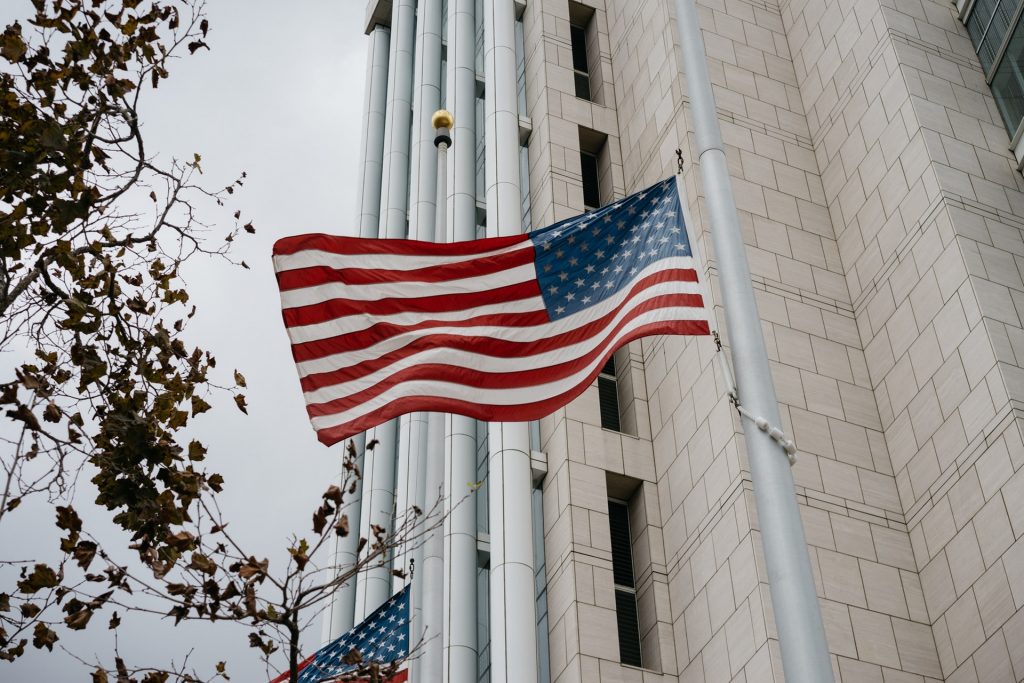
Federal Laws on Restoring Gun Rights
There are two things to note about a felon’s federal firearm rights. Firstly, a felony automatically disqualifies you from owning a gun. To clarify, the Gun Control Act penalizes any crime that’s punishable with more than one year in prison, which applies to all federal felonies. This is the case even when your actual sentence is less than that. Yet there are some notable exceptions that the Gun Control Act doesn’t cover.
White Collar Crimes
White collar crimes are nonviolent offenses that are related to embezzlement, corporate fraud, and tax evasion. SEC violations and money laundering are also white collar felonies. During September of 2018, a Federal District Judge determined that some of these crimes don’t lead you to losing your right to own a firearm. More specifically, the judge named “offenses pertaining to antitrust violations, unfair trade practices, restraints of trade, or other similar offenses relating to the regulation of business practices.”
Misdemeanors and Prohibitions
The law doesn’t just prohibit felons from obtaining a firearm, but also extends to other types of criminals. A violent misdemeanor, for example, takes away your gun rights. In fact, when you have a domestic violence accusation or a restraining order on your record, you can’t purchase a firearm even if you haven’t been convicted yet. An investigation into these issues, in itself, triggers federal prohibition rules. Above all else, noncriminals may also lose their Second Amendment protections in some instances.
Firstly, any “fugitive from justice” (such as an illegal immigrant or a person who got dishonorably discharged from the military) cannot possess a firearm. Breaking this law is a felony and offenders could go to prison for up to ten years. Secondly, these restrictions further include drug addicts, Americans who renounced their citizenships, and individuals with serious mental health conditions.
Mistakes and Unfair Judgements
The law certainly addresses erroneous gun rights cases. These provisions exist federally and on the state level. Errors on your criminal report could wrongfully deprive you of your gun rights. You could equivalently lose them when prosecutors or law enforcement deprive you of any other legal protections. The legal system provides the accused with ways to appeal and overturn these decisions.
Going Through the FBI
Alongside the NCIC system, felons can dispute errors on their criminal record with the FBI. Since the Bureau assembles all state-level information, they offer a comprehensive background check that many entities, including gun sellers, rely on. To submit a correction request, you would first contact the state or law enforcement agency that prosecuted/accused you of wrongdoing.
For example, if a judge dismissed the charges, you need to obtain an official document that verifies this. The FBI doesn’t update your criminal record. Instead, they utilize the data that state and municipal governments provide. Therefore, the Bureau only modifies these details based on legal documents and certifications. This approach pertains to general errors that could prohibit you from purchasing a gun, such as false domestic violence accusations.
Your Due Process Protections
The Fifth and Fourteenth Amendments protect you before, during, and after the trial. If any of these rights are violated, the case against you will be dismissed. Subsequently, so will any prohibitions on your right to buy a gun. Firstly, police officers need to obtain a warrant to search your belongings. When law enforcement go through a suspect drug user’s cell phone without one, the court rejects that evidence. In turn, the accused may still obtain a firearm.
Similarly, you automatically regain your gun rights when an appellate court rules in your favor during a retrial. If all the felony charges are dropped or dismissed, you immediately retain your right to bear arms after the case. However, keep in mind that you may have to request an update through NCIC.
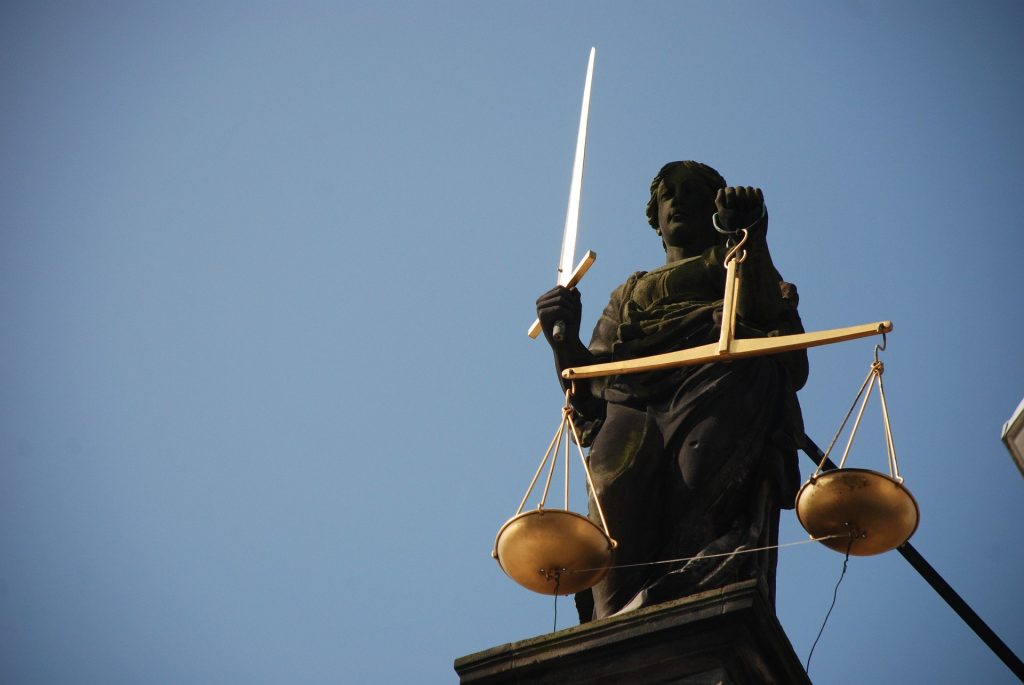
Restore Your Gun Rights
The most efficient routes are via expungement or pardon. Nevertheless, only first-time felons can expunge their record, and a pardon is relatively difficult to obtain. Ex-cons who completed their sentences and became law-abiding citizens may regain all of their civil rights, including Second Amendment entitlements. Equivalently, you could file an appeal with the FBI’s NCIC program.
Initially, you should check your state’s rules. Some of these four options may not be on the table. Moreover, if you are convicted of a nonviolent crime, certain states automatically permit you to get your gun rights back immediately after your sentence concludes. Above all else, once you regain your civil rights on the state level, the federal government will invalidate any firearm restrictions against you.
Defending yourself in case of an emergency is certainly important. Yet you must first successfully do so in court in order to obtain a firearm.


